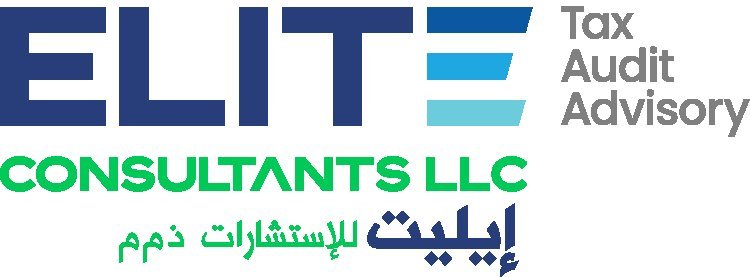Mastering Efficiency: The Impact of ERP Implementation on Dubai's Business Dynamics
Explore the transformative impact of ERP implementation in Dubai's business environment. Discover how local companies leverage ERP systems to enhance operational efficiency, integrate functions, and stay competitive in a global market.

Dubai's reputation as a leading global business hub is supported by its continual adoption of cutting-edge technologies, with Enterprise Resource Planning (ERP) systems standing out as a key driver of business efficiency and integration. The implementation of ERP systems in Dubai is transforming how companies operate, making them more agile, data-driven, and competitive.
1. The Drive for Digital Transformation
In Dubai, the push towards digital transformation is part of the broader vision to create a smart, integrated city. Businesses, ranging from startups to multinational corporations, are leveraging ERP systems to streamline their operations and improve decision-making processes. ERP implementation helps companies manage everything from supply chain operations to human resources, finances, and customer relationships on a single platform.
2. Benefits of ERP Systems
The primary advantage of ERP systems is their ability to integrate various functions within an organization, ensuring that all departments are working from a consistent set of data. This integration reduces operational costs, enhances productivity, and improves the accuracy of information across the business. In Dubai's fast-paced market, ERP systems provide the agility needed to adapt to market changes and customer demands quickly.
3. Challenges in Implementation
While the benefits are clear, the implementation of ERP systems in Dubai also presents challenges. These include the initial cost of implementation, the complexity of migrating from old systems to new, and the need for thorough training for staff. Companies must carefully plan the implementation process, often with the assistance of experienced consultants, to ensure minimal disruption to their operations.
4. Tailored Solutions for Diverse Industries
Dubai's diverse economic sectors require tailored ERP solutions. For instance, the real estate sector benefits from ERP modules that handle lease management and property maintenance, while the retail sector uses ERP for inventory management and e-commerce integration. This customization is crucial for maximizing the effectiveness of the ERP systems to meet specific industry needs.
5. Future Trends in ERP Implementation
The future of ERP in Dubai looks towards greater integration with emerging technologies such as AI, machine learning, and the Internet of Things (IoT). These technologies are expected to make ERP systems even more intelligent, providing predictive analytics that can forecast market trends and enhance strategic decision-making.
6. The Role of Local Expertise
To navigate the complexities of ERP implementation, businesses in Dubai increasingly rely on local IT and management consulting firms. These firms offer invaluable expertise in aligning ERP systems with local business practices and regulatory requirements, ensuring that companies get the most out of their investments.
Conclusion
The implementation of ERP systems in Dubai is more than just a technological upgrade; it is a strategic investment in the future of businesses. As companies in the emirate strive to maintain their competitive edge in a global marketplace, the role of ERP systems in enhancing operational efficiency and strategic decision-making continues to grow. For businesses looking to thrive in the digital age, embracing ERP technologies is not just an option but a necessity.
What's Your Reaction?









![Junk Removal: 7 Steps To Success [Infographic]](https://blognow.co.in/assets/img/bg_slider.png)
![Blog Submission Sites 2024 [High DA]](https://blognow.co.in/uploads/images/202306/image_100x75_6494a03eaff5e.jpg)
![Article Submission Sites 2023 [High DA & PA]](https://blognow.co.in/uploads/images/202307/image_100x75_64c4181f17036.jpg)
![Classified Submission Sites 2023 [High DA & PR]](https://blognow.co.in/uploads/images/202306/image_100x75_649dcd5260808.jpg)




![Article Submission Sites 2023 [High DA & PA]](https://blognow.co.in/uploads/images/202307/image_750x415_64c4181f08ed5.jpg)
![Classified Submission Sites 2023 [High DA & PR]](https://blognow.co.in/uploads/images/202306/image_750x415_649dcd5247eeb.jpg)
![Blog Submission Sites 2024 [High DA]](https://blognow.co.in/uploads/images/202306/image_750x415_6494a03e96bfa.jpg)